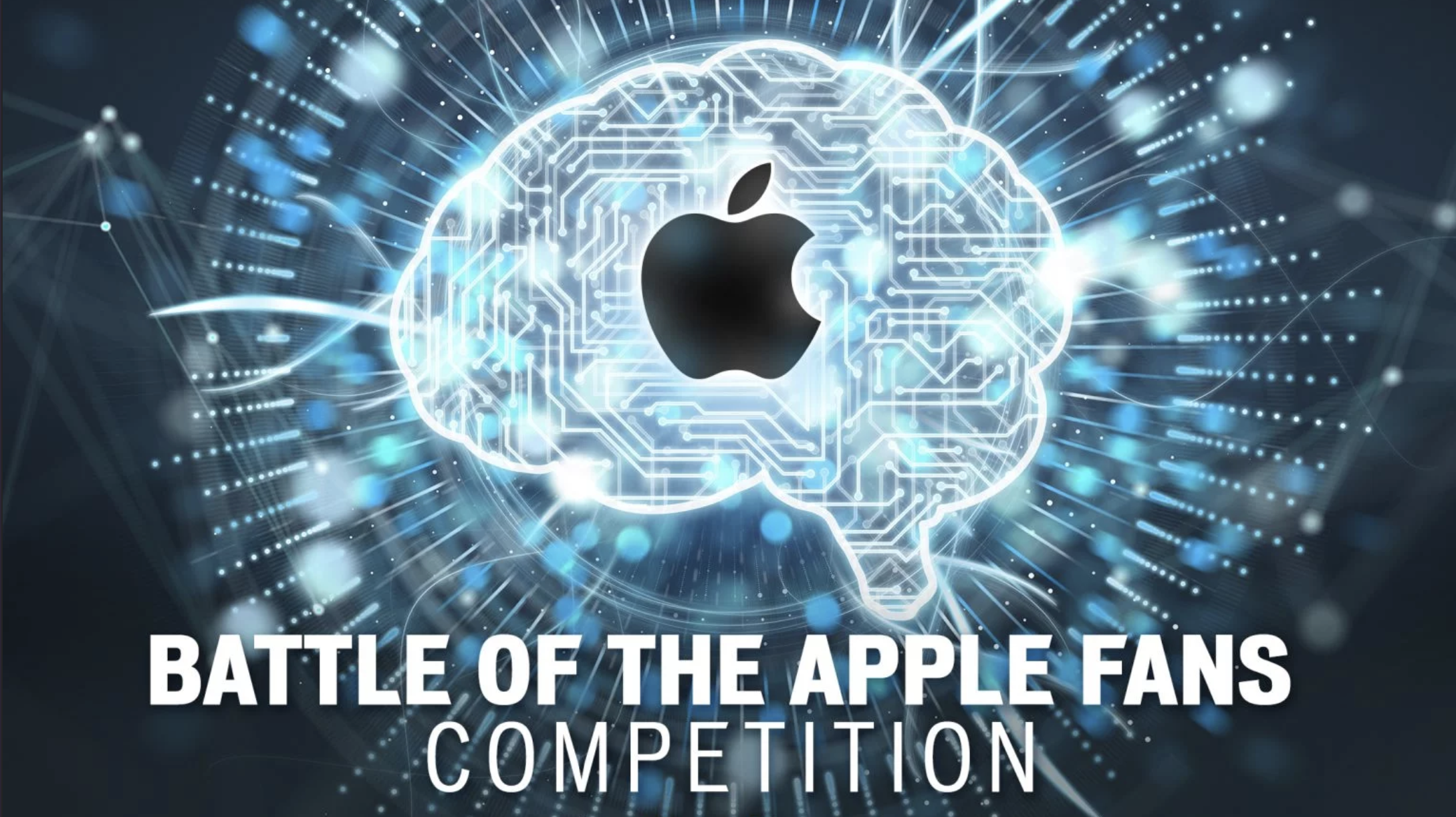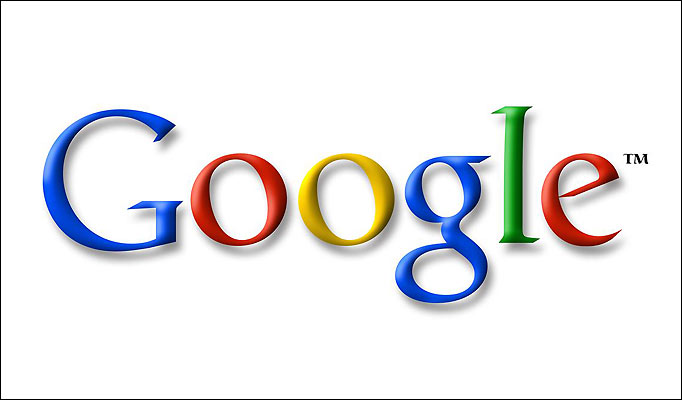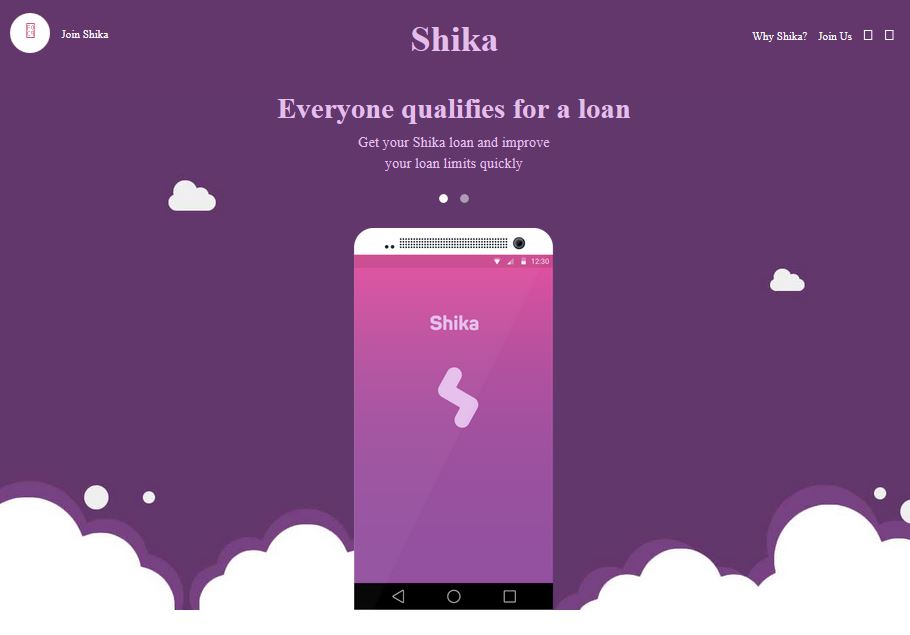Team Africon from JKUAT is the Winner of the 2014 Microsoft Kenya Imagine Cup. In total, 17 teams from Kenya competed during a challenging day of presentations, which brought together students from universities across the country.
This year’s winner is Team Africon from Jomo Kenyatta University of Agriculture and Technology who developed Life Buddy, a mobile application that seeks to help blood recipients to easily link up with the respective blood donors. The app allows anyone who needs blood urgently to quickly post a request on the app. The app then sends a notification to users of a compatible blood group and who are within a radius of 20 Kilometers. The willing donor then receives a notification providing them with the details of the hospital to donate blood to and the contacts of the recipient. Life Buddy saves lives by ensuring those who need blood receive it in the fastest possible time thus saving time.
The team constitutes of Kevin Gitau, Peter Ombwa, Solomon Jenjere and Alex Kinuthia will go on to compete in the Imagine Cup World Semifinals, which will take place in August 2014 in Microsoft’s hometown in Seattle in the United States of America.
“We are so excited to have won today’s competition – and to have the opportunity to represent Kenya at the World Semifinals,” said Team Africon. “And we’re thrilled to have the opportunity to compete with students from around the globe who, like us, are passionate about making a difference in the world.”
Commenting on their choice of the Windows Phone to develop their app, Peter Ombwa from Team Africon said “Windows Phone 8 provides an easy-to-use development framework, which makes it easier, quicker and more cost-effective to develop. It’s definitely our platform of choice for future development,” The application uses Microsoft Azure to store and query the data through Mobile Services.
Other teams included BiDE Code that took 2nd position and will also be participating in the semifinals. They developed an application called TeachSpace which focuses on making it easy to teach, makes content available and integrates deep sharing between teachers and students.
Team Momentum Core took third place with Refugee Movement, a game where users may sign pledges for presidents to support the people of Dadaab, or petition Africa Union to pass legislation that aids Dadaab’s refugees, and by doing so increase the overall health of the camp.
“Each team that competed is deserving of the highest recognition for the creativity and imagination applied to some of the world’s biggest challenges. We’re proud to honour these young students who we believe truly exemplify the spirit of the Imagine Cup competition, and we will be cheering team Africon on as they compete on the world stage,” said Paul Roy Owino, Developer and Platform Lead Microsoft East and Southern Africa.
“Imagine Cup is also directly aligned with the Microsoft 4Afrika Initiative that was launched last year as it drives access to technology, innovation and world-class skills. We deeply believe that technology can accelerate growth for Africa, and Africa can also accelerate technology for the world.”
This year, in keeping with the changes to the Imagine Cup competition, new contests have been added including the Pitch Video Challenge, which since September last year, has allowed students to submit a five minute video pitch for their project. The competition is also in the final weeks of the Project Blueprint Challenge, where teams take a deep dive into their thinking and prepare a ten-page document exploring their concept and creating user personas, top user stories, business models, and demonstrate how they have already sought and incorporated feedback from potential users. In January 2014 the User Experience Challenge was launched to recognize great design as being more important to great software than ever.
More than 1.65 million students across the globe have participated in Imagine Cup during the past decade, creating applications and games that address the world’s toughest social problems. Last year, Team Code 8 from Uganda won the United Nations Women’s Empowerment Award for their app, Matibabu, which helps detect Malaria without pricking a body part. By attaching a Kinect Sensor to a user’s finger, their malaria status is fed into their smartphone within seconds, and for free. “From the heart of Africa, here is an innovation that has the potential to save lives all over the world,” says Paul. The team won USD 12 000 (KSh. 1.04 million) in addition to training and mentorship to develop their application.
Africon will join the brightest young minds to represent Africa, and like Team Code 8, show how the power of technology can take on Africa’s and the world’s toughest problems.




